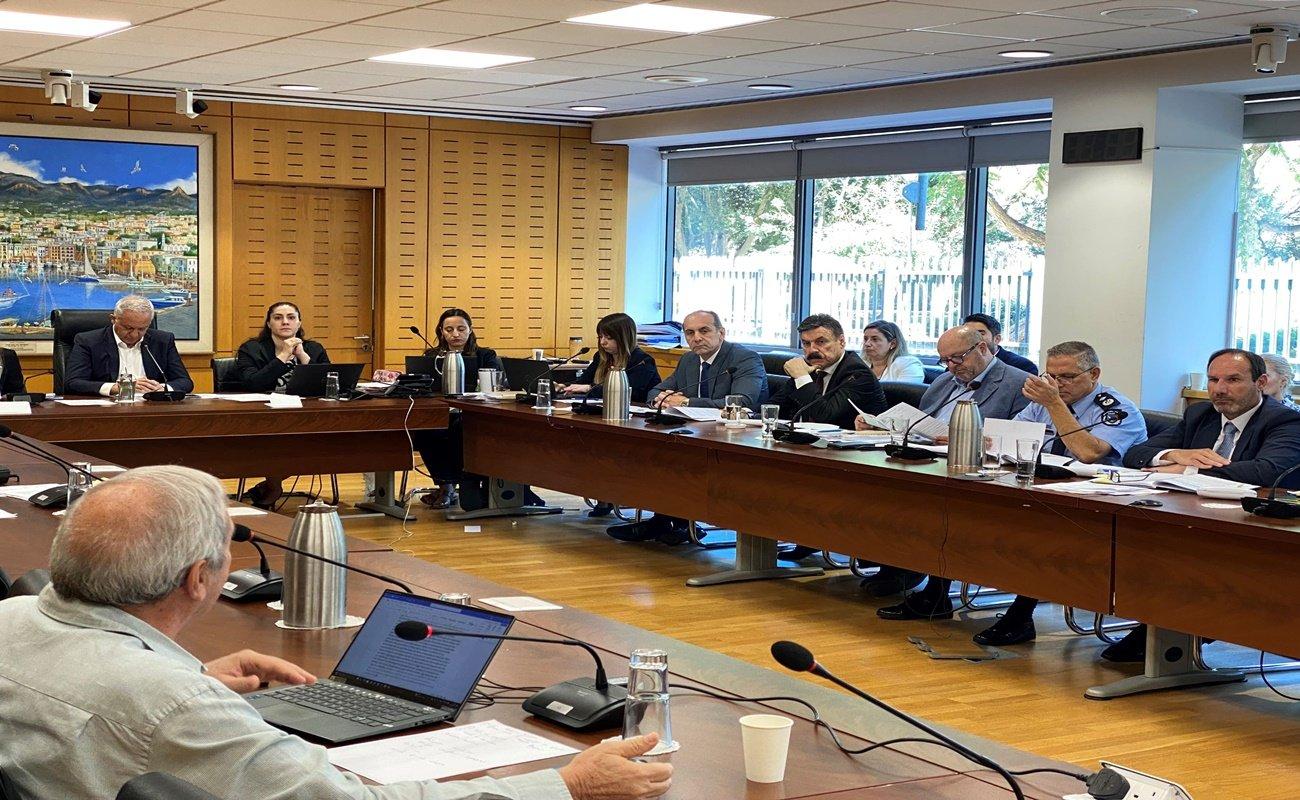The Land Department has announced the start of the active phase of work on implementing a new law to protect "trapped buyers" — individuals who purchased real estate on the island but were unable to obtain title deeds due to legal or financial obstacles imposed by the developer.
This became possible after the Cypriot parliament passed amendments last Thursday, removing the legal impasse that arose following a June court ruling that found several provisions of the 2015 legislation to be unconstitutional. The ministry will send official notifications to 9,497 suspended applicants in the coming days. The letters will contain personalized information depending on the application's stage of consideration and the availability of title documents. Applicants will receive detailed instructions on the next steps necessary to complete the property registration process.
Commenting on the situation, the Cypriot Ministry of the Interior emphasized that, since the June 2024 court ruling that suspended the consideration of applications, every effort had been made to find an optimal, constitutional solution. Minister Constantinos Ioannou stated that the new law resulted from close and constructive cooperation with Parliament, the Legal Service, the Cyprus Bar Association, banks, and debt collection companies.

It should be noted that the June 2024 court ruling found the provisions of the Real Estate Transfer Law and the Mortgage Law to be unconstitutional. This led to the suspension of the consideration of 9,497 applications.
This caused concern among relevant circles, which developed a legal framework to resume the process on a legal basis. The working group included representatives from the Department of Lands and Surveys, the Legal Service, the Parliamentary Committee on Legal Affairs, the Bar Association, and the Association of Banks and Credit Institutions. The group aimed to ensure the law's legal stability and respect for buyers' rights.
As a result, all applications were divided into several categories. The mechanism for their consideration depends on this categorization:
- Applications with a title document (4,080 in total). In cases involving preliminary encumbrances, such as mortgages or prohibitions, written consent from the individuals or organizations to whom these encumbrances are registered is required. After receiving consent, the Land Department director may cancel the encumbrances, and the property will be registered in the buyer's name. If consent is not given without good reason, upon full payment for the property, the buyer may file a claim in court for the compulsory obtaining of such consent.
- There are 5,417 applications without proof of ownership. For properties without a title deed, there is an eight-month deadline to provide the necessary documents to initiate the preparation process. After submitting the evidence, the authorities will have two years to issue the required title to complete the property registration procedure.
- New applications: A title document is now required to submit a new application. If the property is encumbered, consent must be obtained, or an application proving the unreasonable refusal of the encumbrance holders must be filed with the court.
Ioannou noted that the new law protects citizens who have fulfilled their financial obligations in good faith. He emphasized the importance of cross-party consensus and thanked Parliament members Nicos Tornaritis, Aristos Damianou, Fotini Tsiridou, and Panikos Leonidou for their active participation in preparing the initiative. Through these efforts, the Cypriot authorities are paving the way for a solution to a problem that affects thousands of families, while also restoring confidence in the real estate transfer system.
